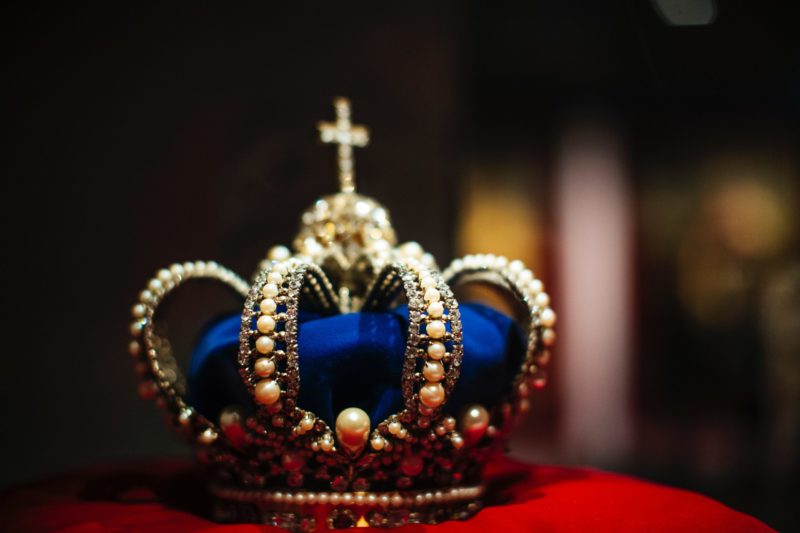‘Name Six English Queens.’
Faced with this question at the Pub Quiz Night, most teams would make a fairly accurate stab at it. Elizabeth I. Bloody Mary. Queen Victoria. Elizabeth II. A guess at the wives of Henry VIII, beginning with Anne Boleyn.
Not one of them a medieval English queen.
Why is it that so many of these wives of our early English kings have remained almost invisible, while the sins or exploits of their husbands are legendary? King John is notorious but few would claim to know much about Isabelle of Angouleme. Richard II, brilliant, usurped, and tragic, yet Isabelle de Valois hardly makes a mark. Edward I, Hammer of the Scots, built castles and led his armies. Who can relate more than the basic facts about Eleanor of Castile other than the romantic tale of Eleanor Crosses erected by her grief-stricken husband, which probably says more about Edward than about Eleanor.
Were these medieval women so lacking in authority, in influence, or even in intelligence that they should become anonymous, a mere footnote on a page? Were they uneducated, fit for nothing but to be decorative witnesses to the daring or desperate ventures of their husbands? The impression is that medieval women of the aristocratic class remained solar-bound, waiting for their men-folk to return from war, plying a needle as they sang and prayed and gossiped in a feminine world. We are led to believe that they had nothing to say about what they and their regal husbands were doing.
Yet how could they be mere onlookers, intelligent and well educated as many of them undoubtedly were, with no opinion of the people and the political goings-on around them?
The answer is simple enough. They are rendered silent because they lived in a man’s world, written by men, about the feats of men. Women are given no voice, not even royal women, except for the very few, such as the infamous Eleanor of Aquitaine whom it was difficult to silence, yet even she was incarcerated by an enraged Henry II for stirring rebellion amongst their sons. Women are recorded for us in their relationships with men: a daughter, a sister, a wife, a cousin. Thus our medieval women are skeletons without flesh, two dimensional in their lack of character, without even a physical description since medieval portraits are rare.
As Virginia Wolfe once said: ‘For most of History, Anonymous was a woman.’ For this reason, I decided to shake the cobwebs from some of these medieval women of interest.
Here they are:
Anne Neville, daughter of Warwick the Kingmaker, a pawn in the game of marriage and power-brokering. Alice Perrers, ambitiously scheming mistress of King Edward III, but also a smart business-woman. Katherine de Valois, a naive political bride for Henry V who managed to snatch some happiness with Owen Tudor in her tragic life. Katherine Swynford whose liaison with John of Gaunt was not a light-hearted love affair, but a scandal of sinful proportions. Elizabeth of Lancaster, dragged into the depths of treason by her marriage to John Holland, her husband set against her brother the King. Joan of Kent, notable for her clandestine marriages, but worthy of so much more. Elizabeth Mortimer, forceful wife of the infamous Hotspur. Invisible Queen Joanna of England and treacherous Constance of York. And now Cecily Neville, doyenne of the Wars of the Roses, will take a bow upon the stage.
How much these women have to say, about their lives and their motivations, their ambitions and those of their families, when given the opportunity to do so through the pages of historical fiction. They are there, with all their admirable strengths and shocking weaknesses, to be discovered through patient research. And the result for us? We are offered the opportunity to rejoice and suffer with them through their happiness and tragedy. We understand the power and privations for medieval women. Their skeletons are clothed for us with flesh and garments and appropriate jewels. They display their talents and preferences; they laugh and sing and engage in clashes of temperament; they argue; they weep and mourn as they suffer heart break; they are driven by bitter revenge.
It is my purpose in writing historical fiction that these medieval women should be allowed to step out of the pages, to keep company with the reader and come alive. They are no longer a tiny footnote, to be overlooked or ignored in preference for their men-folk. They can never again be swept behind the arras of history. They are silent no longer.
Discover history’s forgotten queens today!



